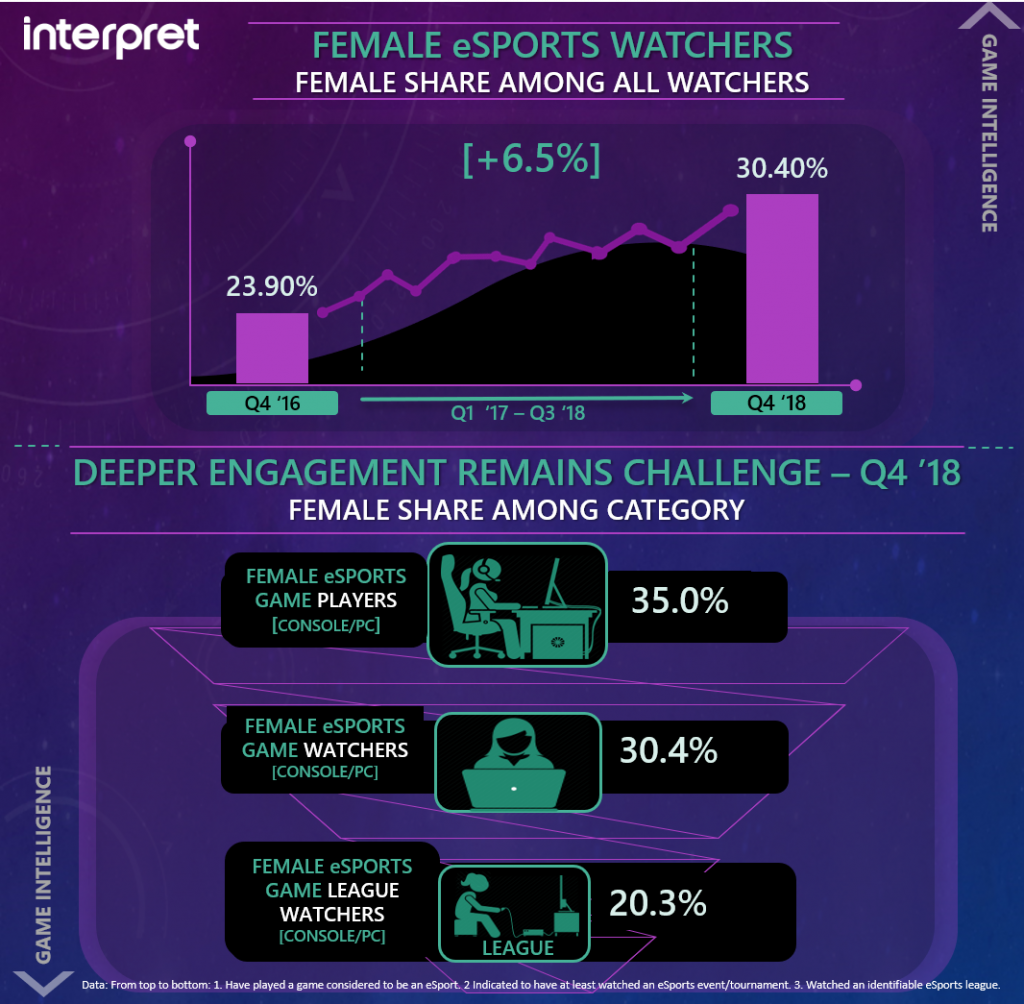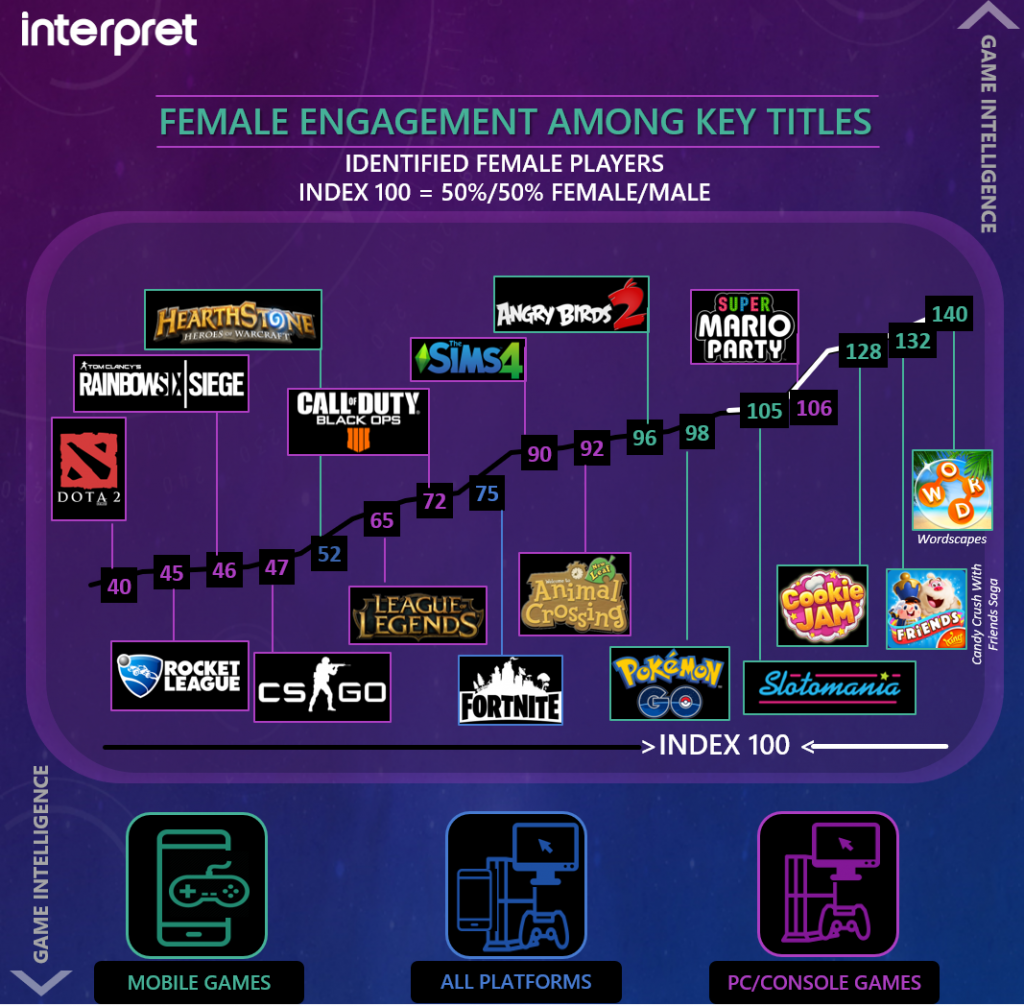When a young Hannah Suarez first stumbled upon her older sister’s gaming console at age 11, she never realized that her love for playing games on a big television screen would eventually lead to a bittersweet experience as a woman in competitive gaming.
I had to branch my sub-community off the main (Esports) community because there was this really weird guy who kept messaging me, then I made it a safe space for me,” Suarez said.
As the UGA Esports Club’s current “Rocket League” coordinator, Suarez talks about what her experience has been like as a competitive female video game player in the “Rocket League” sub-community — a community that is typically seen as male-dominated, according to Suarez.
Esports is a form of competitive video gaming in which multiple players battle against each other. This can happen in teams or individually, depending on the game, and often these matches are streamed live to millions of fans. Esports was a $1 billion industry in 2019 according to this Reuter’s report, and the report noted that female involvement is a likely culprit for the growth.
Jake Vargo, the secretary of the UGA Esports Club, has noticed his organization is struggling to recruit female players. He speculates this has to do with “gaming culture” and how certain sub-communities retain female players better than others.
“(Super) Smash tends to be one of those communities that women stay away from because of the criticism aligned with character choices and play strategy. Communities like League (of Legends), however, is one that more girls tend to join because people play more casually,” Vargo said.
A 2019 study from data firm Interpret found that women comprise 30 percent of esports viewership and 35 percent of esport gamers, and that these numbers are growing each year.

This study has also shown female involvement through different gaming sub-communities with casual mobile gaming to be the frontrunner for female engagement.
Ashi Patel is a senior majoring in journalism at the Grady College of Journalism and Mass Communication at the University of Georgia.









Show Comments (0)